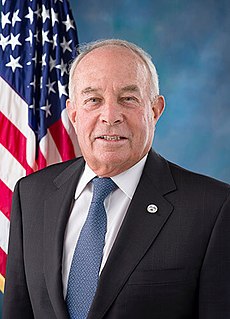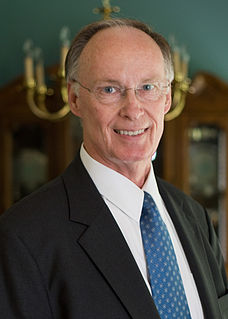A Quote by Richard Dawkins
Compassionate doctors sometimes lie to patients about the severity of their condition, and it is not always wrong to do so.
Related Quotes
In medical school, students are immersed in the realm of medical ethics. It's where new doctors study, learn right and wrong, ask tough questions, and discuss things like end of life care, genetic testing, and patients' rights. In lots of ways, it's the most important part of being a compassionate and competent doctor.
Doctors should recognise the importance of the five human values; Truth, righteousness, Peace, Love and Non-violence. Love is the basis for all the other values. Doctors can infuse courage in patients by the love they show towards the patients. If doctors carry out their duties with love they will be crowned with success.
We sometimes think that the best doctors are the ones who have the most specialized knowledge or the fanciest degrees, but in fact, study upon study, including one published in the 'New England Journal of Medicine,' show that the best doctors are the ones who also know how to connect with their patients.
The doctor begins to lose freedoms; it's like telling a lie, and one leads to another. First you decide that the doctor can have so many patients. They are equally divided among the various doctors by the government. But then the doctors aren't equally divided geographically, so a doctor decides he wants to practice in one town and the government has to say to him you can't live in that town, they already have enough doctors. You have to go someplace else. And from here it is only a short step to dictating where he will go.
Once the law, properly enacted, is routinely ignored, and ignored with the blessing and the promotion of the political class, then you have a breakdown of organized society. And there is nothing compassionate about what's happening to the people of Arizona. There is nothing compassionate about the violation of private property rights. There is nothing compassionate about the abuse of the taxpayer. There is nothing compassionate about the closing of schools and hospitals. Nothing at all compassionate about increased drug trafficking and crime. Nothing compassionate about that at all.
Operating-room errors hold a special terror for patients, if only because they seem like the most avoidable kind of complications. The occasional horror stories of patients who have the wrong leg removed or the wrong knee replaced generate the most headlines, as do tales of patients whose identities are mixed up entirely.
People and organizations other than doctors increasingly are assuming power to decide which medications to prescribe or procedures to undertake. More and more, decisions about personal healthcare are no longer made by the treating physicians in consultation with their patients, and based on the doctors' expertise.




































